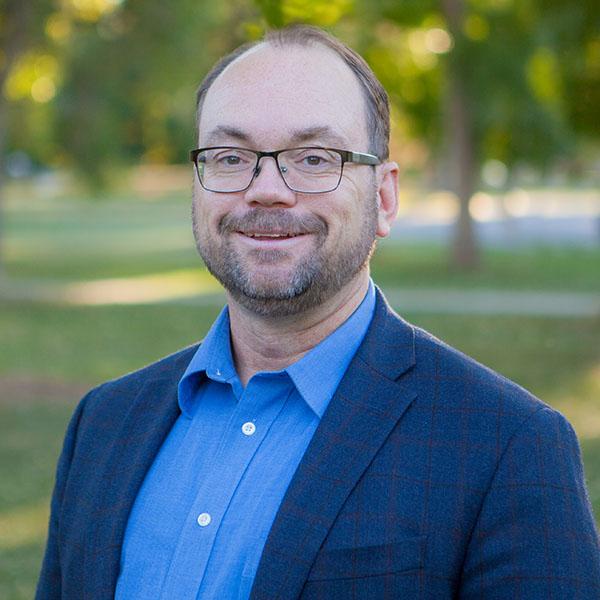Trump Presidency Brings a New Agenda for Supporters and Opponents

The moment has arrived. At 10 a.m. Colorado time, Donald J. Trump became the 45th president of the United States.
Trump has already ushered in a change in tone to the White House. But those of us who work in health policy are still waiting to see the substance of his proposals for remaking the nation’s health system.
Trump began his inaugural speech by taking a dark view of President Obama’s eight-year presidency and the state of the country as a whole.
“Washington flourished, but the people did not share in its wealth,” Trump said. “There was little to celebrate for struggling families all across our land. That changes starting right here and right now.”
He painted a picture of a country riddled with poverty, rusted-out factories, crime, drugs and gangs. And he vowed to empower individual people.
“This American carnage stops right here and stops right now,” the 45th president said.
Trump did not mention anything about health in his first speech as president.
His nominee for Secretary of Health and Human Services, Rep. Tom Price, also did not reveal details for the administration’s plan to repeal and replace the Affordable Care Act (ACA) during a Senate hearing Wednesday.
Price did not directly answer several questions from Democratic senators who sought reassurance that people who gained insurance under Obamacare would not lose their coverage. Price instead repeatedly said the Trump administration’s goal is to provide everyone “access” to coverage.
He sought to calm fears that coverage would be rolled back.
“One of my goals in this entire debate is to lower the temperature,” Price said. “People need to know that no rug is going to be pulled out from under them.”
So, mere hours into the Trump presidency, where are we in health policy?
First, it’s clear that Republican campaign rhetoric about repealing the ACA on “day one” was just that — political rhetoric. But that doesn’t mean a repeal isn’t going to happen soon.
Several senior Republicans have proposed ACA replacement plans, but the party has not coalesced around an alternative. Trump has promised to release his own plan within a week of Price’s confirmation by the Senate. A confirmation hearing in the Senate Finance Committee is scheduled for Tuesday, Jan. 24.
It’s still too early to say much about the GOP health plans. But there’s work to be done now.
My colleagues at the Colorado Health Institute are preparing for the changes to come. We have set up a “strike team” to anticipate and quickly analyze proposals coming out of Washington and figure out how they would affect us in Colorado.
First, we will quantify the effects of the ACA here in Colorado — who got covered and how much it has cost. This will establish a baseline for the debate in the coming months.
Next, we’ll be looking at some of the common elements of the various Republican proposals, including block grants for Medicaid and the use of high-risk pools for people with pre-existing health conditions.
There’s plenty of work to do, and there will only be more as we start to see details from Congress and the new president.
A number of people in health policy — though certainly not all — are greeting the new regime with anxiety. However, one of Trump’s exhortations in his inaugural speech applies to all of us in this field, no matter our political persuasion.
“The time for empty talk is over. Now arrives the hour of action.”

